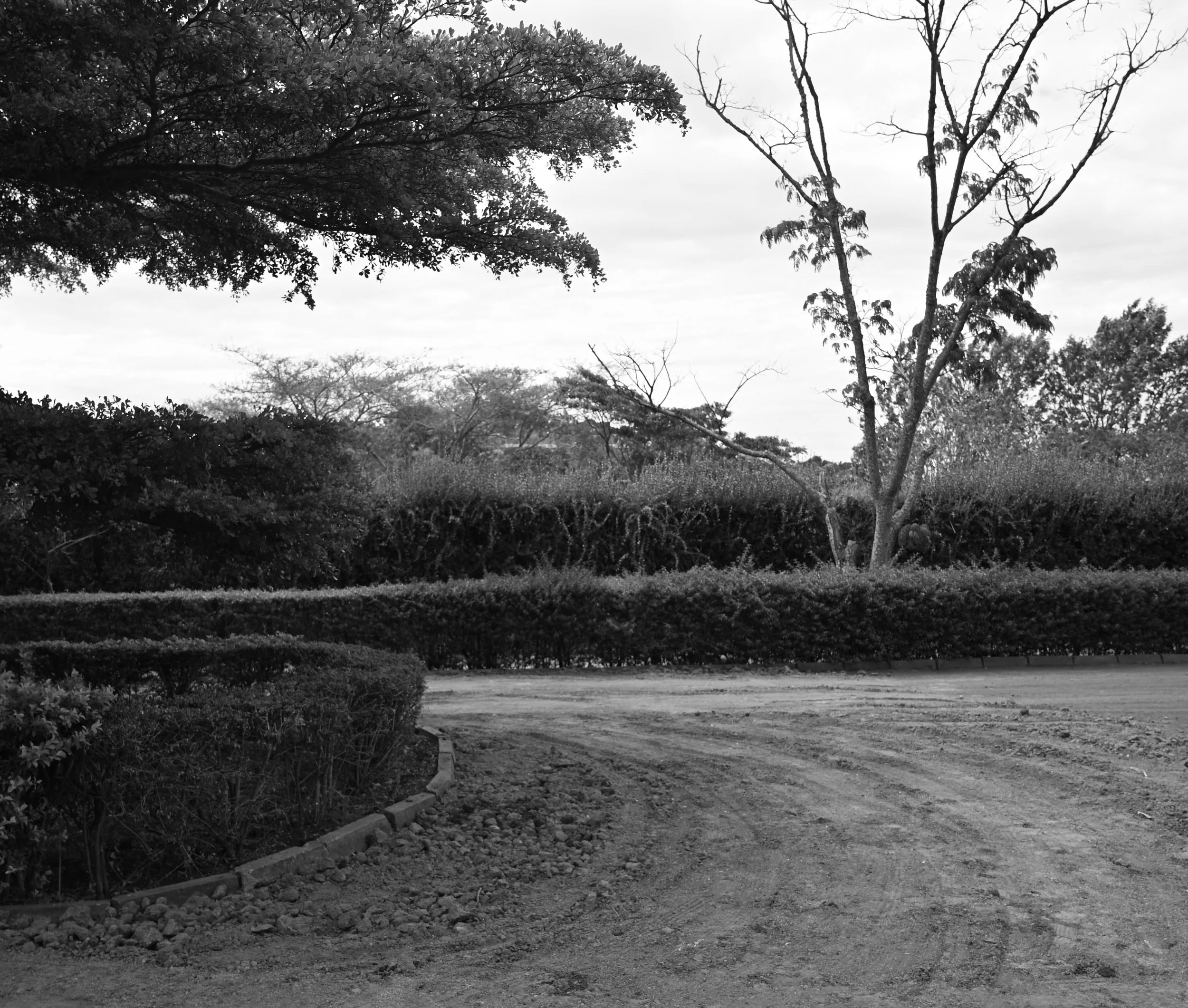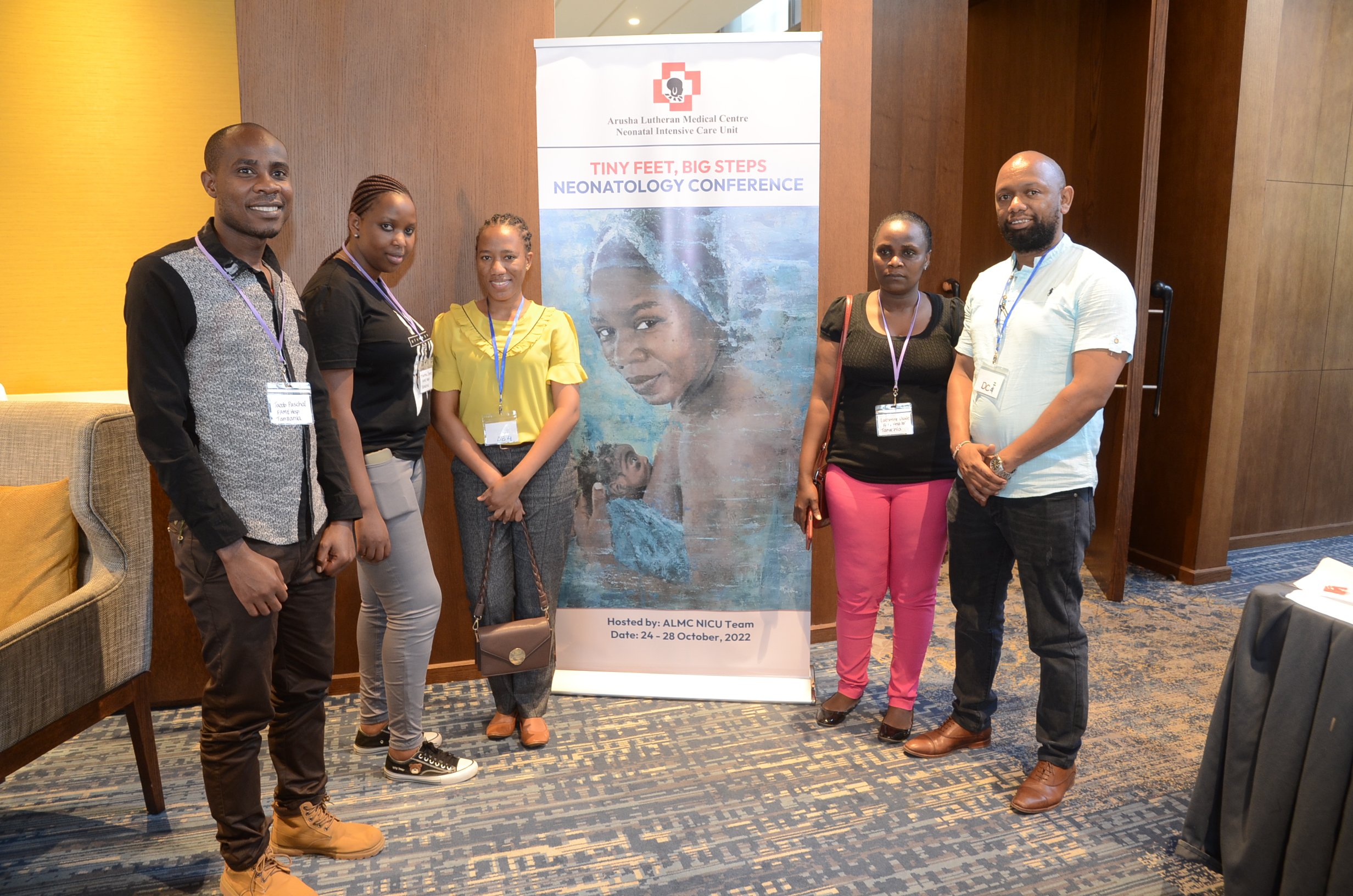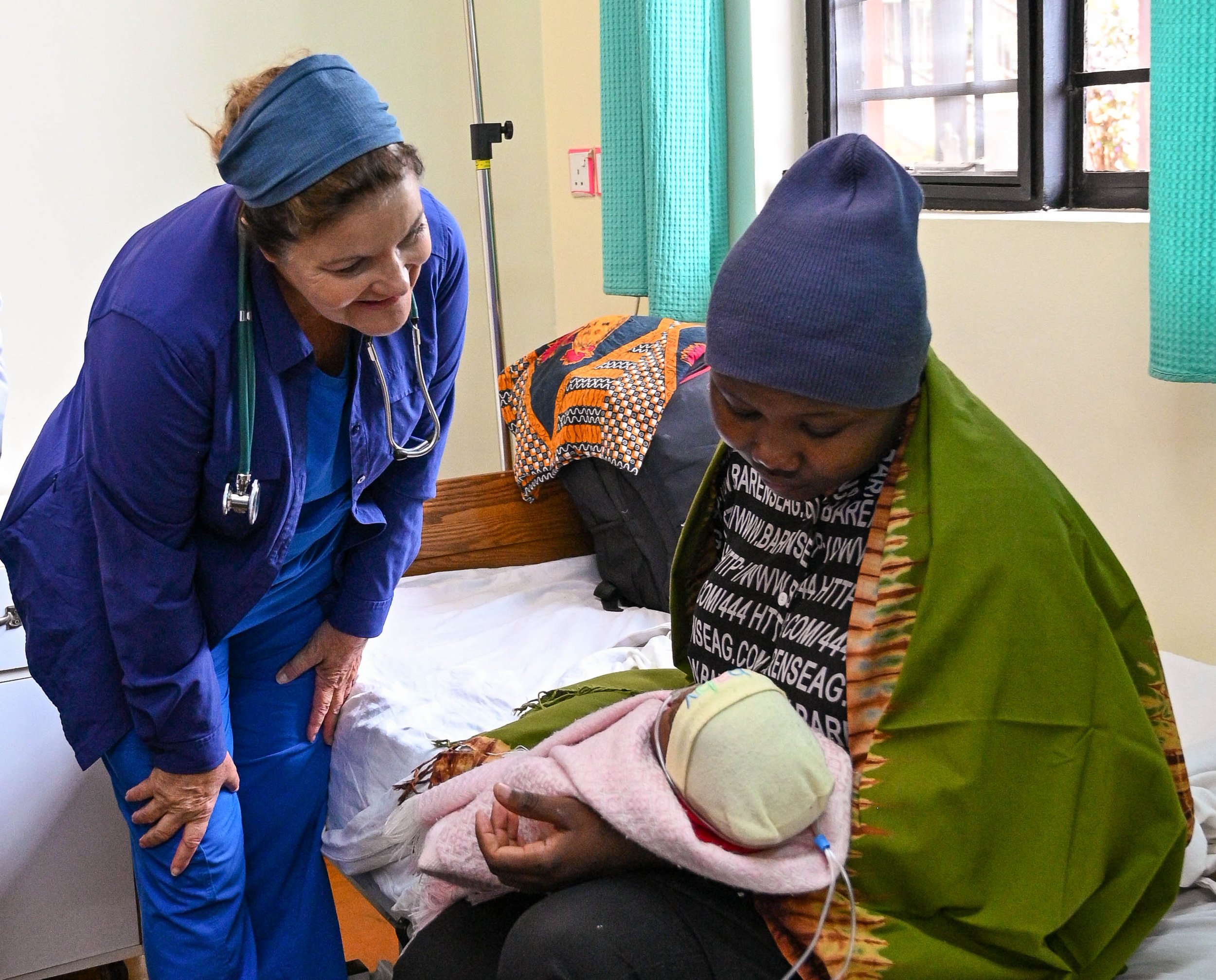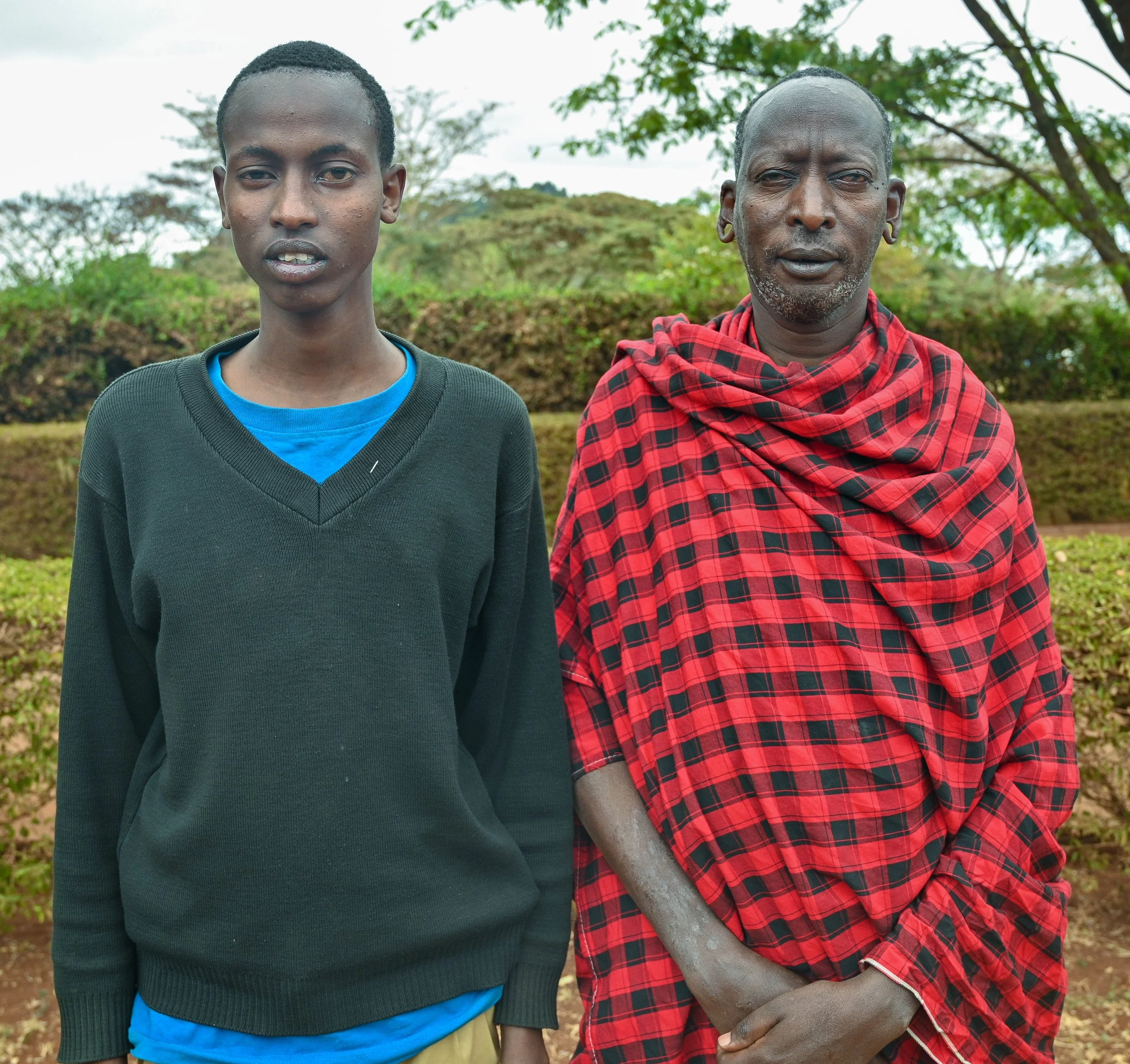On World’s AIDS Day, FAME focuses on the work of its Reproductive Child Health (RCH) clinic and its work, in collaboration with the Tanzanian government, to prevent Mother-to-Child Transmission (MTCT).
With FAME providing prenatal care to more than 1,000 women this year, we must ensure that all pregnant mothers in our catchment area have equal access to HIV prevention, testing, treatment and care, free of stigma and discrimination.
Most HIV-infected patients globally, particularly in resource-poor settings such as where we work, are unaware of their HIV status (UNAIDS). They are likely to be identified at advanced stages of immunosuppression when a therapeutic response may be too late. FAME provides voluntary counseling to pregnant women on their first prenatal visit as a critical entry point for engagement in treatment and care in MTCT prevention efforts. Employing a proactive and inclusive approach to testing by making HIV testing a routine part of general prenatal care has led to high patient acceptance.
So far, in 2022, ten HIV-positive women have given birth naturally at FAME, an increase of 66 percent from 2021. FAME maintains a 0% rate of MTCT. Currently, FAME has five HIV-positive pregnant women who receive antiretroviral therapy (ARV) and are carefully monitored throughout their pregnancy, delivery and postnatal period.
A diagnosis of HIV does not mean you cannot have more than one child, a worry that newly diagnosed pregnant women often have. FAME’s RCH nurse, Kitangile Masheyo, explains:
“Just this year alone, five women returned to FAME to have their second or third babies. One of the five women was first diagnosed with HIV at FAME in 2016. She was only 21 years old and pregnant with her first child. She has gone on to have more children and has just given birth to her third child, with no MTCT to any of her children. Success stories like this are why we are passionate about our work.”
This week at FAME, we meet a 39-year-old woman diagnosed with HIV while pregnant with her second child at FAME. We also meet a father of four, age 45, in FAME’s Ward 1, where he is admitted after surgery to correct a condition caused by his HIV-positive status. These are stories of resilience in the face of HIV and a restoration of hope.
Mother of two, Aged 39
We meet a lovely 39-year-old mother of two at FAME’s Reproductive Child Health Clinic. She has been HIV-positive for two years and is here to pick up her antiretrovirals (ARVs) as she does every month. She was first diagnosed as HIV positive at FAME’s prenatal clinic when she was 23 weeks pregnant with her second child, who is now 18 months old. She delivered her baby naturally at FAME and continues to bring her daughter to the RCH baby clinic for vaccinations and well-child-care visits.
“When I got pregnant with my second child, I needed a good hospital to support me as my first child was already grown! I had forgotten how it was to be pregnant and what I needed to do to ensure safe delivery. My friends recommended FAME, so I came here for my prenatal classes.”
“I was so shocked when they told me I was HIV positive—truly shocked. Then I started to cry as if someone had died. I guess I was mourning my pregnancy, as I thought this meant that my baby would be born sick and probably die soon after if we even got that far. The FAME staff was very kind and gentle with me. They allowed me to express my feelings while gently explaining that I could go on to have an HIV-negative child, give birth naturally and even breastfeed if I took medication. That provided me with great comfort.”
She had been in a long-term romantic relationship when she got pregnant with her second baby. He was the father of her baby, but things had soured between them after she got pregnant and he had left her.
“I knew I could only have gotten it from the father of my baby. I had done an HIV test before I met him and it had been negative. Before we had sex, I asked him if we could both test for HIV, as I had seen some new couples do this, but he said he was healthy and took offense to my asking. He did look healthy, strong and handsome, so I believed there was no way he could have HIV. But here we are.”
FAME’s RCH started her on ARVs, and eventually, she gave birth to her daughter naturally and breastfed her for a year with no MTCT.
“I’m so thankful to FAME. You have been my strength in all this. I have not told anybody about my diagnosis because I know too well the shame and stigma that comes with it. Where I work, I have seen how my colleagues and clients talk about people they suspect have HIV. They’re not kind. Many health facilities have no privacy when you pick ARVs; many have had their condition discovered this way. I am very thankful to FAME for honoring my privacy. They don’t treat me any different from the other moms and when I come for my medication, it’s always done in a private room with a lot of discretion, just as I like it!”
Over the last year, She has learned to take care of herself. She eats well and incorporates long walks as exercise. The ARVs she gets from FAME enable her to live her life normally, go to work every day and comfortably take care of her children.
Father of FOUR, Aged 45
A father of 4 has been admitted to FAME’s inpatient ward for the last seven days. He came through our emergency room upon arriving at FAME but is recovering well and looking forward to being discharged. He discovered he was HIV-positive 13 years ago.
“I was shocked when I got my diagnosis. I couldn’t believe it. The doctor tried to explain that it was not a death sentence and that with medication, I would be able to lead a happy and healthy life. But I was terrified that people would discover my condition and ostracize me from my community. So I refused to take the medication. I could not risk the stigma.”
“When I met a woman I wanted to marry, I had to tell her my condition. I knew I risked rejection, but she needed to know the truth if she was to marry me. Luckily she was very receptive but insisted I follow the doctor's orders. So that's when I started taking my medicine.”
The medicine improved his condition significantly, but he wasn't consistently taking it.
“My work takes me to far-to-reach areas for months at a time, and I don't always have access to dispensaries that offer my medicine, so I would stop taking them for these periods.”
Only when he started getting ill is when he took his medicine religiously, accepting that the medication was the only way to manage his condition.
“My family and I have been very blessed. My wife and children are HIV-negative and continue to get tested regularly. I get scared when I get opportunistic infections, such as what led me here, but I’m so lucky that FAME has been here to help me this time. I have been treated with respect and given good service that has exceeded what the staff is required to provide. At FAME, I’m just like every other patient; I’m not singled out because of my condition. FAME has dealt with all my issues and I have deep faith that I will be okay.”
*These patients permitted FAME to share their stories with our supporters to raise awareness, encourage and bring attention to the needs of individuals and families affected by HIV/AIDS.

















